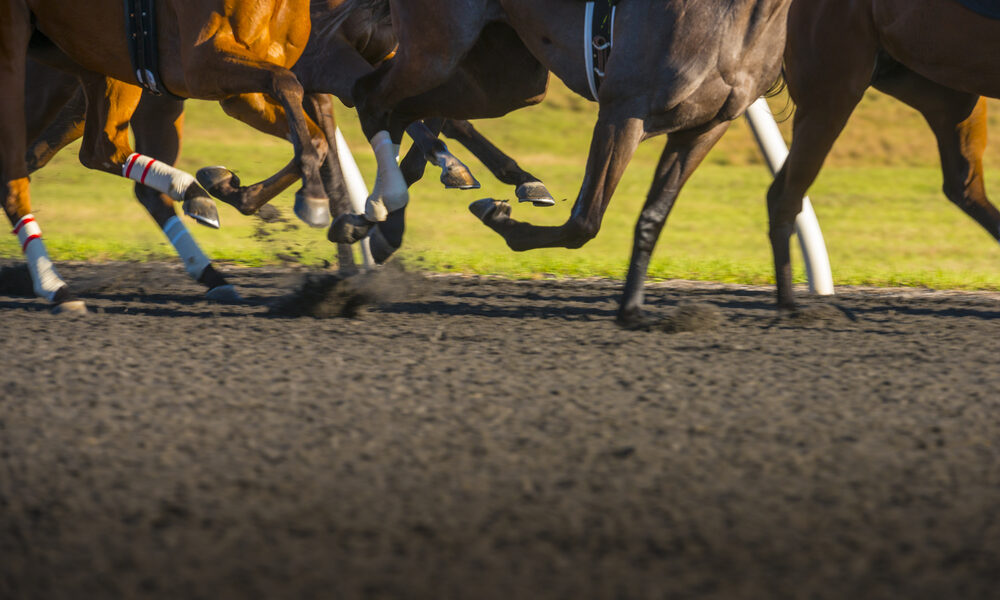The Nevada Gaming Commission expressed anger and questioned what more might be done to deter doping in the state’s summer horse racing season.
The Commission weighed in on cheating in horse racing when they approved racing dates in northern Nevada, including the Elko County Fairgrounds in August a year after several doping cases were brought against the trainers of winning horses.
Earlier this month, the Nevada Gaming Control Board fined trainer Ricardo Castillo $100,000 and banned him from racing for 15 years after four of his winning horses tested positive for methamphetamine at the Elko County Fairgrounds last summer.
In April, the Commission revoked the license of trainer Alvaro Torres and prevented him from seeking another license for five years after his horse tested positive for cocaine last summer when winning a race at the Elko County Fairgrounds. He was fined $5,000.
“The drug issues seemed to be highly present last year in Elko,” said Commissioner Brian Krolicki. “Out of 50 races over the weekend, eight horses tested positive. Mr. Castillo has been banned. It still seems to me that punishments available to the racing board and this Commission are limited, given the stakes and damage to the animals, even though we didn’t lose any last year. What do we do? Is there some way to prevent it?”
Krolicki said it isn’t known who administered the drugs to the animals, even though the trainers were the ones punished. The probability of how the drugs metabolize, however, means it’s likely done at the race track.
“Is there anything we can do to make sure we don’t have that kind of activity going on? Or is it just testing and disciplining when we find bad actors and hope for the best going forward?” Krolicki said. “There seems to be a better way, but I don’t know what that is.”
Andrew Olsen, a supervisor with the Nevada Gaming Control Board, said what the Board and Commission have done in imposing severe penalties will “send a message that Nevada will not tolerate drugs and foreign substances in these animals, and that should rectify people’s choices moving forward.”
When asked by Krolicki, Olsen said no irregularities were identified in the betting patterns that showed those accused of cheating were making large wagers.
“I don’t want to be a shadow on what’s otherwise a tremendous week out in Elko County,” Krolicki said. “I will probably be there enjoying the festivities.”
Commission Chair Jennifer Togliatti said she appreciated Olsen telling the Board why it’s so difficult to pursue a criminal charge in these cases. Unlike other crimes, except homicides, the victims can’t speak. “When you see a dog thrown in the trash and a horse getting drugged, you don’t have some evidence like a video, some physical evidence, or eyewitness. It’s so hard, because the standard of proof is so high.”
The Board and Commission would encourage pursuing criminal cases when the evidence is there, Togliatti said.
“But I understand the challenges there.”
Commissioner George Markantonis, who’s been around horses since he was 12 and has owned thoroughbreds, said a stiff punishment, whether it’s a ban from racing or large fines, “is a big message.”
Markantonis said it’s not just happening in Elko County, but with the top trainers in the country. He cited the previous suspension for doping by Kentucky Derby winning trainer Bob Baffert.
“Nobody can have an excuse for this type of behavior, and I will certainly have no tolerance in the future,” Markantonis said. “I agree with the chair that you’re talking about defenseless animals, but it’s also talking about greed and unscrupulous people who participate in this sort of thing. I will have no mercy in the future. I had to get that off my chest.”



